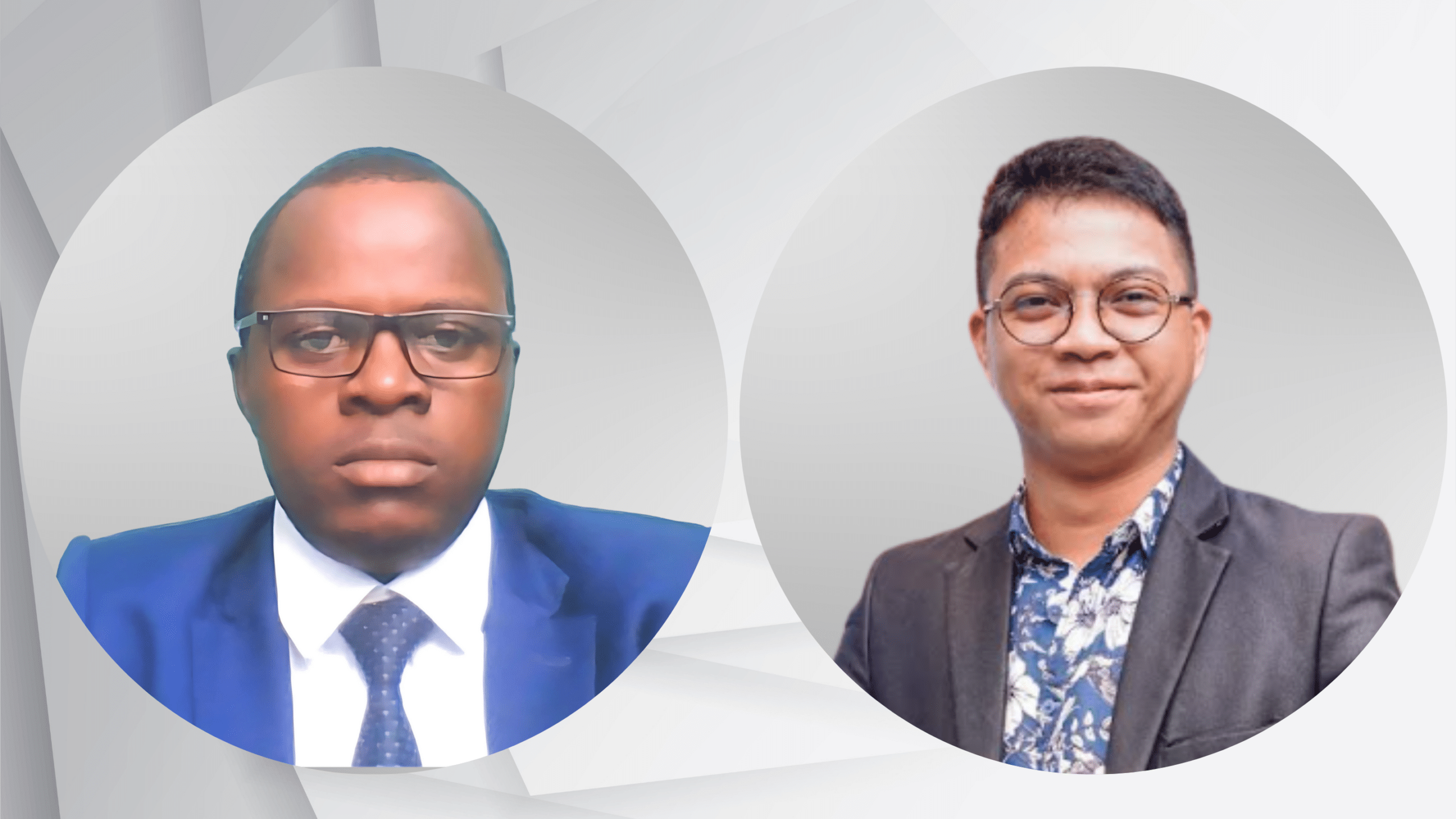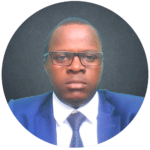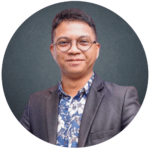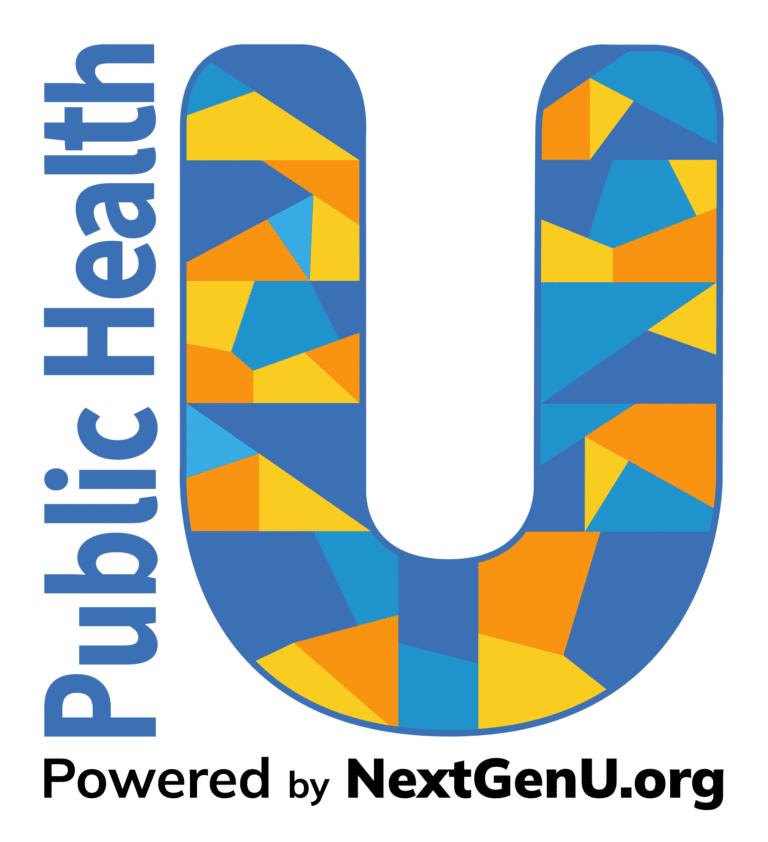Each year on World Health Day, we celebrate advancements in global health and the individuals driving meaningful change in their communities and beyond. At Public Health U, we are proud to see our graduates step into leadership roles, tackling some of the world’s most pressing health challenges with innovation, empathy, and a deep commitment to equity. This year, we spotlight two remarkable MPH graduates whose work exemplifies the global spirit of public health: Hoséa Levi from Madagascar and Jean Claude from Rwanda. Their stories reflect the powerful blend of local impact and global thinking that defines PHU’s community of learners.

The Spark Behind Their MPH Journey with Public Health U
We asked our graduates what sparked their decision to pursue an MPH at Public Health U and what made the program the right fit for their personal and professional goals. Our graduates reflected on their journey.
Q: What inspired you to pursue a Master of Public Health (MPH) degree with Public Health U?

Jean Claude:
“Being from Rwanda but working in different contexts, I find it difficult to attend coursework in school because I'm busy with work. Thus, I was motivated to enroll in Public Health U's MPH for improving my comprehension of international health systems and [to] enhance my capacity to create effective public health initiatives. My fieldwork, which includes medical emergencies, reflected the importance of evidence-based practices. Furthermore, the education system ( student-centered approach), flexibility of the tutors/lecturers and administrators, affordability of the course for students coming from LMICs at Public Health U were among the motivations.”

Hoséa:
“My passion for improving community health systems and reducing health inequities led me to pursue an MPH with Public Health U. The flexible, competency-based program allowed me to deepen my knowledge while continuing my fieldwork in Madagascar. I was particularly drawn to the global faculty and practical modules tailored to low-resource settings. It was the ideal environment to bridge theory with impactful, real-world public health action.”
Defining Moments: How Their MPH Experience Shaped Their Career Trajectory
For many of our graduates, certain moments during their MPH journey proved pivotal—not only in sharpening their skills but also in clarifying their purpose. Here, our graduates share specific experiences during their MPH studies that helped shape their career direction and deepened their commitment to the field.
Q: Can you share a key moment or experience during your MPH studies that shaped your career path?

Jean Claude:
“I recall that before taking my MPH course, I used to apply for several positions in different international organizations, and one of the main requirements was to have an MPH. At the time, I didn't understand why, but after completing the course and gaining the necessary skills, I noticed a significant improvement in my critical thinking abilities, including emotional intelligence.”

Hoséa:
“Participating in the “Evaluation of Interventions” module while leading an integrated immunization-nutrition campaign in Madagascar was transformative. It taught me how to design, measure, and analyze health outcomes effectively. That experience helped me secure key roles in major public health programs and ignited my commitment to evidence-based policymaking.”
Making a Local Impact
Impact in public health isn’t just measured by data—it’s seen in lives improved and systems strengthened. We asked our graduates to reflect on how their work is helping to drive change in their communities and improve lives in meaningful, measurable ways.
Q: How do you see your role as a public health professional making a difference in your community?

Jean Claude
“To enhance community health effects, I work as a public health laboratory scientist, bridging the gap between laboratory data and public health action. I make use of data from surveillance and diagnostics to inform policy decisions and direct prompt responses to disease outbreaks. I can assist in creating efficient interventions and enhance the health systems by fusing laboratory data with public health strategies(e.g., Mass screening of glycemia in high-risk groups in the community, among other initiatives) and use the generated data to initiate public health interventions.”

Hoséa:
“I serve as a bridge between data and decision-making, ensuring that public health programs reach the most vulnerable. By supporting Ministries of Health and civil society organizations in Madagascar, I help strengthen immunization systems and promote inclusive health strategies. My work empowers communities, especially youth and underserved groups, to take ownership of their health. A core part of my role is to identify, test, and scale strategies to reduce the number of zero-dose children and contribute to the reduction of vaccine-preventable diseases (VPDs).”
Overcoming Obstacles
In this section, our graduates reflect on real-world hurdles they’ve faced and share the innovative, resourceful strategies they’ve used to overcome them and drive meaningful change.
Q: What are some challenges you’ve faced in the field of public health, and how have you overcome them?

Jean Claude:
“A major challenge that I've faced in the field of public health is the limited capacity of diagnosing during epidemics (like [the] recent COVID-19), leading to a delay in swift response. Thus, using rapid diagnostic tools combined with local capacity have shown to increase diagnostic accessibility. In addition, using technology (Mobile for instance) and working with partners (MoH and community leaders) has also shown to be part of the improvement in early detection and strengthened surveillance.”

Hoséa:
“One major challenge has been addressing vaccine hesitancy in urban areas, where refusal is high due to misinformation, population mobility, and demanding work schedules. I addressed this by using behaviorally informed approaches and context-specific messaging while collaborating with trusted local influencers. These methods helped build trust and improve vaccine uptake. Another challenge is limited resources, which I mitigate by advocating for innovative funding and integrating services for efficiency.”
Advice for Future Leaders
Representation matters. We asked our graduates what advice they would offer to others considering entering the public health space, especially those who want to lead with purpose and make a difference.
Q: What advice would you give to others considering a career in public health?

Jean Claude:
“In fact, I would encourage people like me who are committed to service and equity to choose a career in public health. For instance, during emergencies or disasters, public health provides an opportunity to significantly support the communities, and it is one of the opportunities where you can even improve the communication skills. Public health includes a greater scope than most people imagine. To end, I can say [that] along the course, I learned that: ‘Public health is not a public opinion, instead it is a matter of evidence’”.

Hoséa:
“Public health needs more diverse voices—especially those who listen, lead with empathy, and advocate for equity. Don’t be afraid to start small: impactful change begins in your own community. Be humble, be data-driven, and remember that collaboration is as important as technical expertise.”
Celebrating Global Impact
Hoséa and Jean Claude are just two of many PHU graduates making a difference where it matters most. Their journeys remind us that health equity is both a local and global pursuit—and that with the right tools, training, and passion, public health professionals can transform entire communities. At PHU, we remain committed to nurturing a new generation of leaders—diverse in background, united by purpose, and equipped to face the evolving challenges of global health with compassion, creativity, and courage.
Reisha Narine
Author
